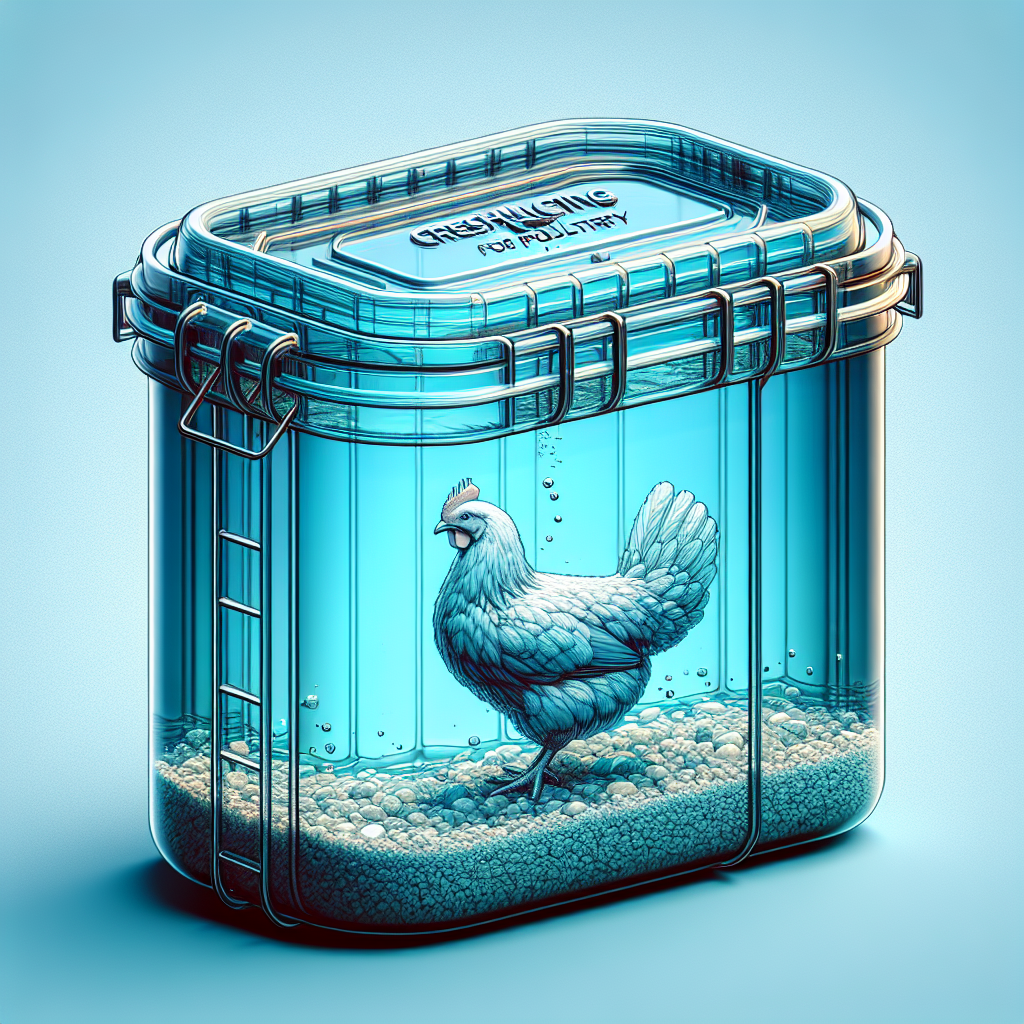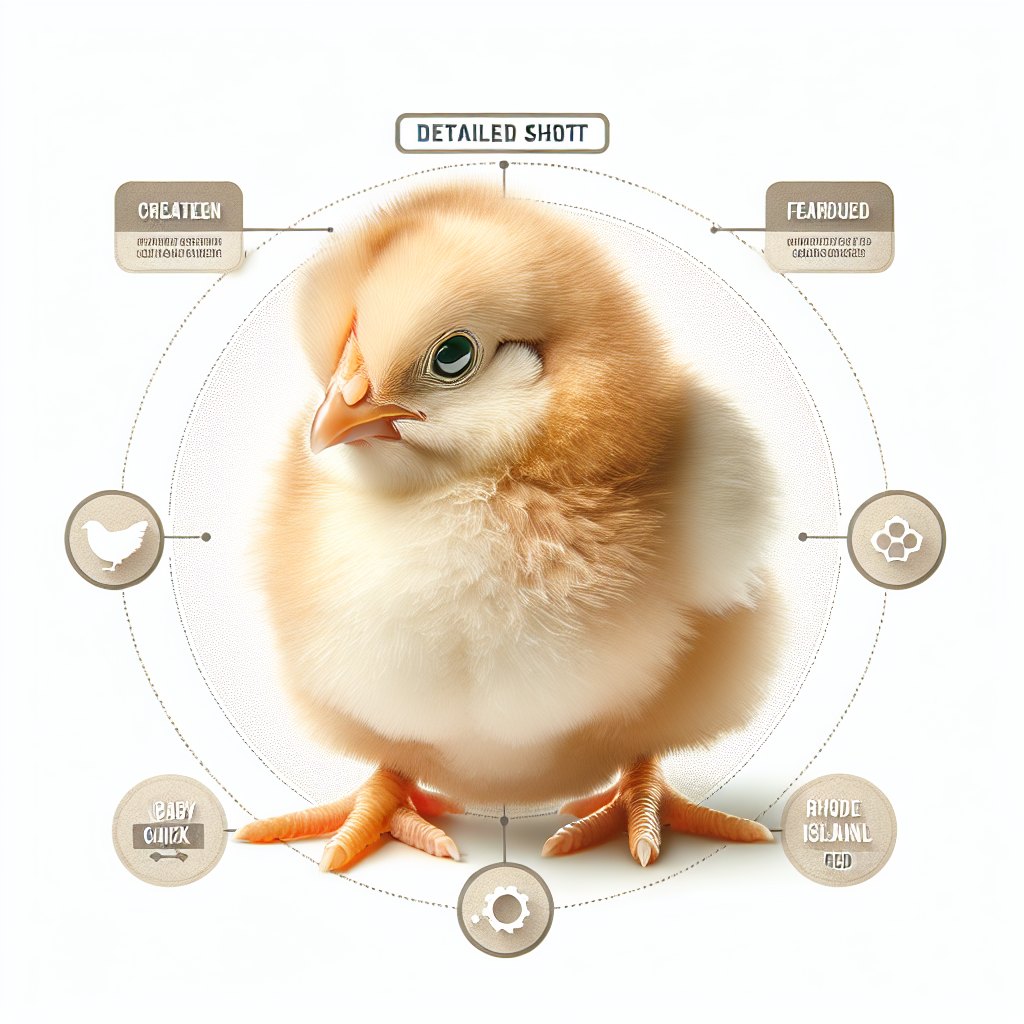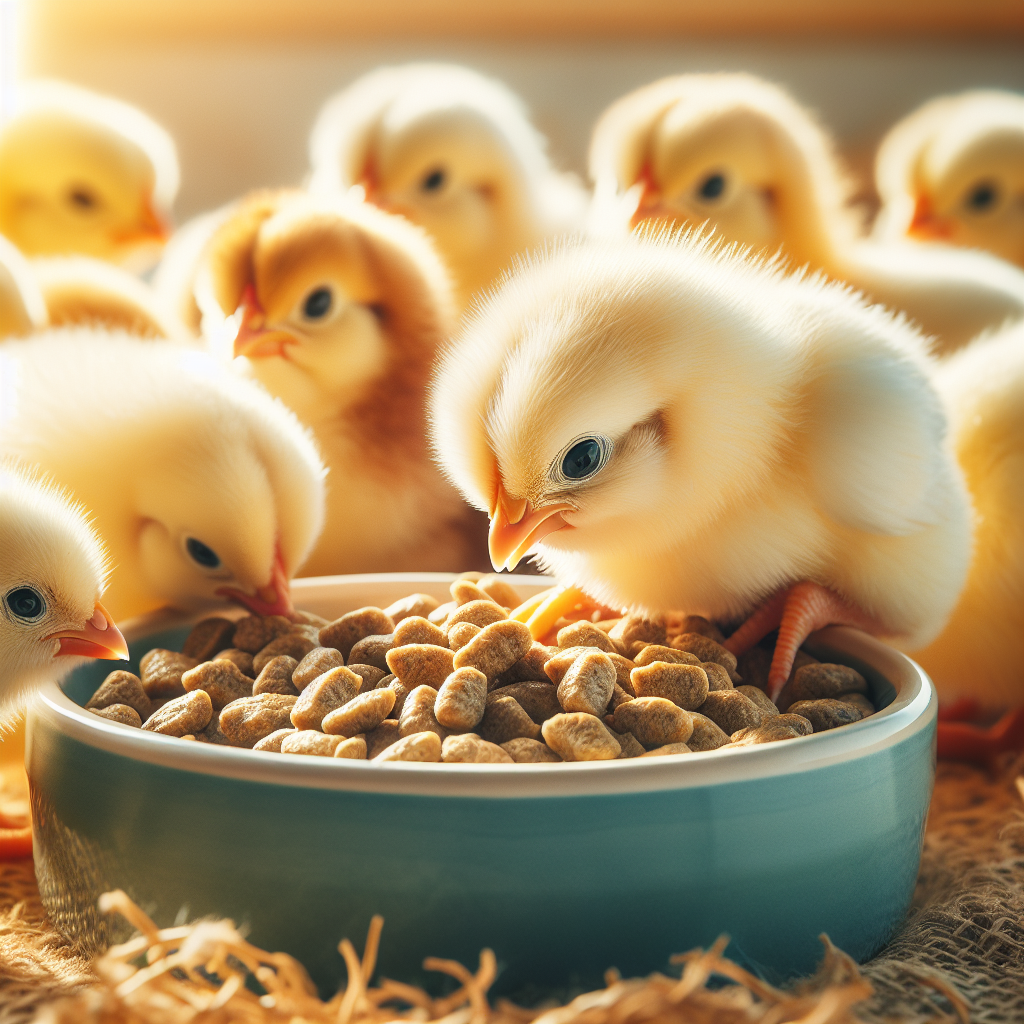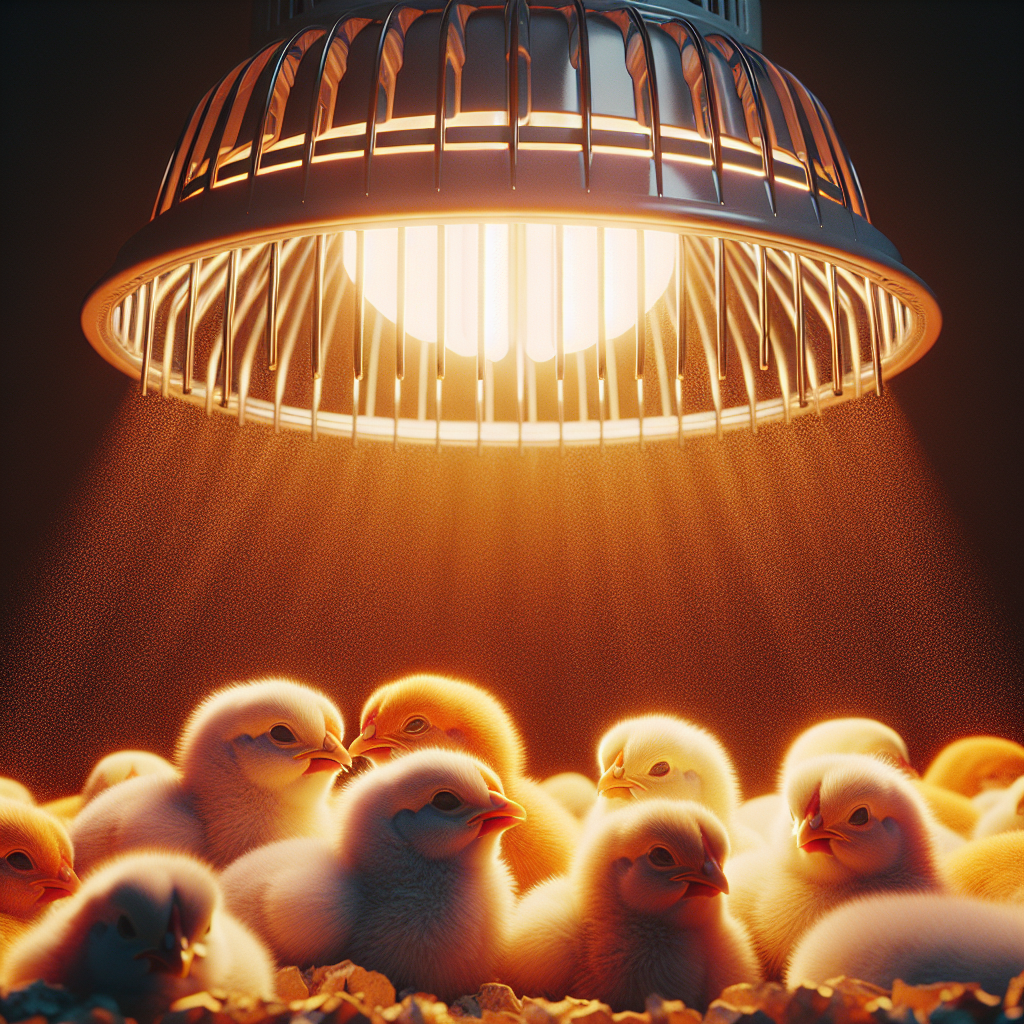Are you a new chick owner? Ensuring clean and safe water access for your little feathered friends is essential for their health and well-being. In this article, we will explore some practical tips and techniques to help you provide the best water source for your chicks, ensuring they stay hydrated and thriving. From choosing the right waterer to maintaining cleanliness, we’ve got you covered. Let’s dive in and discover how to ensure clean and safe water access for your chicks!
Choosing the Right Water Source
When it comes to providing water for your chicks, there are a few key factors to consider. One of the first decisions you will need to make is whether to use tap water or well water. Tap water is a convenient option as it is readily available, but it may contain chemicals such as chlorine or lead that could potentially harm your chicks. On the other hand, well water is often free from these chemicals, but it may contain minerals or contaminants that could affect the health of your chicks. It is important to evaluate the quality of both sources before making a decision.
Furthermore, you will need to decide between using filtered water or untreated water. Filtered water can help remove impurities and improve the overall quality of the water, ensuring that it is safe and healthy for your chicks. However, if you choose to use untreated water, it is crucial to regularly test its quality to ensure that it meets the necessary standards. Water testing kits are available and can provide valuable information about the pH level, mineral content, and the presence of harmful pathogens. By choosing the right water source and ensuring its quality, you can provide clean and safe water access for your chicks.
Providing Clean Water Containers
Selecting appropriate water containers for your chicks is essential to maintain their health and well-being. It is important to choose containers that are specifically designed for poultry, as they are usually designed to prevent spillage and contamination. Look for containers that have a stable base and are resistant to tipping over, as this will minimize the chances of water becoming dirty or spilled. Additionally, opt for containers with narrow openings to prevent chicks from entering and potentially drowning.
When selecting water containers, it is important to avoid metal containers. Metal can react with certain minerals in the water and contaminate it, posing a risk to your chicks’ health. Instead, opt for plastic or glass containers that are easy to clean and disinfect. These materials are less likely to react with the water, ensuring that it remains clean and safe for consumption.
Regular cleaning and disinfecting of water containers are crucial to prevent the growth of harmful bacteria and ensure the hygiene of your chicks’ drinking water. Use a mild detergent and warm water to clean the containers thoroughly, and rinse them well to remove any soap residue. After cleaning, sanitize the containers using a disinfectant recommended for use with poultry. Following these practices will help maintain the cleanliness of the water containers and prevent any potential contamination.
Maintaining Proper Water Temperature
Maintaining the proper water temperature is essential for the health and growth of your chicks. Water that is too cold or too hot can negatively impact their overall well-being and hinder their development. It is crucial to regulate the temperature of the water and ensure that it remains within a suitable range.
The importance of temperature regulation extends beyond ensuring the comfort of your chicks. Water at the right temperature promotes optimal digestion and nutrient absorption, allowing your chicks to grow and thrive. Cold water can cause chicks to become chilled, leading to stress and reduced immune function. On the other hand, water that is too hot can cause dehydration and overheating.
During colder months, you need to take measures to prevent the water from freezing. The easiest solution is to use a heated waterer or add a heated base to the water container. This will ensure that the water remains at a suitable temperature even in freezing temperatures. Additionally, you can insulate the water container using materials like foam or blankets to provide further protection against cold temperatures.
Supplying Fresh Water Regularly
Regularly supplying fresh water to your chicks is of utmost importance for their health and hydration. It is recommended to change the water at least once or twice a day, depending on the size of your flock and the environmental conditions. Fresh water prevents the build-up of bacteria and ensures that your chicks have access to clean and reliable hydration.
While changing the water regularly is crucial, it is equally important to check the water levels throughout the day. Chicks tend to be messy drinkers and can easily spill or dirty their water. By monitoring the water levels, you can ensure that your chicks have a steady supply of water, even if they accidentally spill or dirty it.
To avoid contamination, it is essential to prevent any access to the water source by outside agents such as wild birds or rodents. Use appropriate covers or screens to protect the water containers from airborne contaminants or unwelcome visitors. This will help maintain the cleanliness and safety of the water supply for your chicks.
Using Additives for Water Health
Adding certain additives to your chicks’ drinking water can offer additional health benefits. Probiotics, for example, are beneficial bacteria that promote gut health and aid in digestion. By adding probiotics to the water, you can help establish a healthy gut microflora in your chicks, improving their overall digestive function and immune system.
Electrolytes and vitamins are also important additives that can contribute to the hydration and well-being of your chicks. These supplements provide essential nutrients and minerals that may be lacking in their diet, particularly during times of stress or heat. Electrolytes help restore the electrolyte balance in their bodies, aiding in hydration and preventing dehydration.
It is important to note that additives should be used according to the manufacturer’s instructions and in appropriate quantities. Overdosing or using the wrong additives can be harmful to your chicks’ health. Consult with a veterinarian or a poultry expert to determine the appropriate additives and their recommended dosage for your specific flock.
Preventing Waterborne Diseases
Waterborne diseases can pose a significant threat to the health of your chicks. Understanding common waterborne illnesses and implementing proper biosecurity measures can help prevent the transmission of these diseases.
Some common waterborne illnesses in chicks include coccidiosis, avian influenza, and salmonellosis. These diseases can be transmitted through contaminated water sources or by contact with infected birds. Regular monitoring, vaccination, and maintaining proper sanitation practices are essential for preventing the spread of these diseases.
Implementing biosecurity measures, such as restricting access to the chicken coop and water sources, can help minimize the risk of disease transmission. Additionally, practicing proper hygiene, such as washing hands before and after handling chicks and cleaning water containers regularly, can further reduce the risk of contamination.
Vaccination is an effective preventive measure against certain waterborne diseases. Consult with a veterinarian to develop a vaccination schedule that is suitable for your chicks and their specific needs. Vaccines can help strengthen their immune systems and protect them from potential infections.
Avoiding Chemical Contamination
Chemical contamination of water can be hazardous to the health of your chicks. It is important to take precautions to avoid exposure to harmful chemicals and ensure that the water source is clean and free from any potential contaminants.
To avoid chemical exposure, ensure that the water source is not contaminated by nearby industrial or agricultural activities. Chemical runoff, for example, can contaminate nearby water sources and pose a risk to your chicks’ health. Additionally, avoid using pesticides or herbicides in close proximity to your water supply, as these chemicals can seep into the water and cause harm.
Pesticide or detergent residue can also be a potential source of chemical contamination. It is essential to thoroughly clean and rinse any containers or equipment that may come into contact with the water. Using organic and clean water sources can further minimize the risk of chemical contamination and ensure the safety of your chicks.
Teaching Chicks to Access Water
Introducing chicks to water containers and teaching them how to access water is an important step in ensuring their well-being. Chicks need to learn how to drink properly and become accustomed to accessing water from the provided containers.
One method of providing water access is through water nipples. Water nipples are small devices that dispense water when the chick pecks at them. This method mimics the natural behavior of drinking from a mother hen’s feathers and is easy for chicks to learn. Introduce the chicks to the water nipples by gently touching their beaks against the nipple, encouraging them to peck and drink.
Shallow bowls can also be used to teach chicks to access water. Fill the bowls with a small amount of water and place them close to the chicks. The chicks will naturally peck at the water, learning to drink. As they grow older and more agile, you can gradually switch to using water containers that are better suited for their size and breed.
It is important to monitor the chicks’ drinking behavior and ensure that they are drinking regularly. In some cases, chicks may experience difficulty in accessing water, which can lead to dehydration and other health issues. If you notice any chicks struggling to drink or showing signs of dehydration, intervene promptly and provide assistance or alternative water sources.
Addressing Water Quality Issues
Sometimes, you may encounter water quality issues that could affect the health of your chicks. It is essential to address these issues promptly to ensure their well-being.
One common concern is algae growth in water containers. Algae can not only affect the taste and odor of the water but can also harbor harmful bacteria. To prevent algae growth, keep the water containers out of direct sunlight and clean them regularly. Scrubbing the containers with a brush and periodically sanitizing them can help prevent the growth of algae.
If the water quality is consistently poor, you may need to consider using water filtration and purification methods. Filtration systems can help remove impurities and improve the overall quality of the water. Additionally, you can explore different purification methods such as ultraviolet (UV) treatment or chlorine dioxide tablets to eliminate any potential pathogens or contaminants.
Regular monitoring of water quality is essential to identify any potential issues promptly. Testing the water periodically can help you stay informed about any changes in mineral content, pH levels, or bacterial contamination. Adjustments can then be made to ensure that your chicks have access to clean and safe water.
Regular Monitoring and Maintenance
Regular monitoring and maintenance are crucial to ensure the long-term health and well-being of your chicks. By observing their behavior and regularly inspecting the water containers, you can identify any potential issues and address them promptly.
Monitor your chicks’ behavior and health closely to ensure that they are drinking adequately and showing no signs of dehydration or illness. Chicks that appear lethargic or weak may be experiencing water-related issues and may require immediate attention.
Inspect the water containers regularly for any signs of contamination or wear and tear. Check for cracks, holes, or any other damage that could compromise the integrity of the container. Clean the containers as per the recommended schedule, ensuring that they are free from any debris, algae, or residue.
Maintain a cleaning schedule and keep records of your maintenance activities. This will help you stay organized and ensure that the water containers are consistently taken care of. Regular maintenance will not only promote the health of your chicks but also extend the lifespan of the water containers.
In conclusion, ensuring clean and safe water access for your chicks is crucial for their health and well-being. By choosing the right water source, providing clean water containers, maintaining proper water temperature, supplying fresh water regularly, using appropriate additives, preventing waterborne diseases and chemical contamination, teaching chicks to access water, addressing water quality issues, and implementing regular monitoring and maintenance, you can create a clean and safe environment for your chicks to thrive. Remember, the quality of their water directly affects their overall health, growth, and welfare, so it’s important to prioritize their water needs.




